
“How does an undocumented documentary filmmaker document themself?” asks Miko Revereza. “It was kind of a riddle that I was going through to create my own living documents—a sort of DIY documentation.”
Known for his short films and installations, Miko Revereza’s work ties the personal to the political. His work explores his own experience of being an undocumented immigrant in the United States, and plumbs the depths of identity, the self, and perception. The experimental filmmaker is the recipient of a 2021 Vilcek Prize for Creative Promise in Filmmaking.
The DIY ethos grows out of both creative resilience and an economy of necessity. It holds value as the driving force for artistic innovation—creating something out of nothing—and the development of new creative and technical approaches to work. It takes on a more resolute meaning, however, for those who are unable to access resources as a result of discrimination or marginalization in society. Immigrants—particularly undocumented immigrants—must find ways to provide for themselves and one another outside of the structural systems in the United States—systems that were not designed to support those most marginalized.
“Diaspora communities in the United States have a DIY ethos to surviving,” says Miko. “If you have this limited set of resources, you have to figure it out.”

Miko was born in Manila, in the Philippines, and moved to the United States as a child with his mother. As a high school student, Miko became aware of the fact that his immigration status was undocumented. This information shaped Miko’s reality: His status limited the options available to him with regards to employment, obtaining a driver’s license, or attending college.
Already deeply interested in photography, Miko immersed himself in the medium, and his interests grew to encompass filmmaking and video. “It felt like a forum or a medium for rebellion,” says Miko. “It wasn’t bound to rules. The more you broke the rules, or created new ones, the more it was celebrated.”

As a young adult, Miko was able to obtain legal status in the United States through the Deferred Action for Childhood Arrivals (DACA) program. Established through executive order, however, the program has been subject to abrupt changes due to shifts in U.S. governmental leadership and political sentiment. The program—which was created to support young individuals of undocumented experience—has been characterized by its precarity.
Miko’s film Disintegration 93-96 navigates and explores this precarity, highlighting Miko’s recollection of his own childhood, his relationship to the United States, and his experience of immigration. Miko’s footage is interspersed with footage from VHS tapes his family sent to their extended family in Manila when Miko was a child. In one scene, a young Miko is seated next to his father as he speaks through the camera to his family: about money, about California, about their immigration status. Miko’s voiceover follows: “There’s a reason they call us dreamers. They projected this dream, this hallucination, this delusion our whole lives. After every year, we either became more resilient or more apathetic towards it.”

It is the resilience and creative resistance of Miko’s work that makes it precisely so powerful. His poetic and subversive films thrum with raw emotion and human vulnerability. A co-founding member of the Undocumented Filmmakers Collective, Miko is part of a growing community of undocumented artists and filmmakers advocating to support the visibility, inclusion, and presence of diverse immigrant artists in front of and behind the camera.
Miko receives the Vilcek Prize for Creative Promise in Filmmaking for the ingenuity and urgency with which he bridges the personal and the political. His work challenges audiences to rethink aspects of both documentary filmmaking and the immigrant experience.
Related News
New American Perspectives at HIFF 44
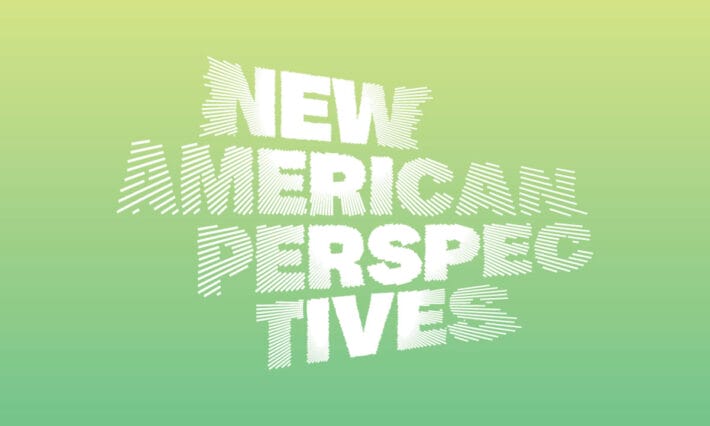
Rodrigo Prieto: “Being a foreigner gives you a certain perspective”
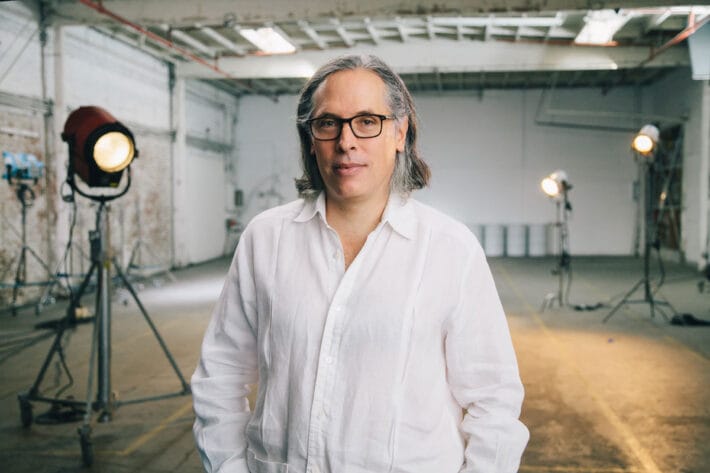
Juan Pablo González: “You allow the place to tell you what it is.”
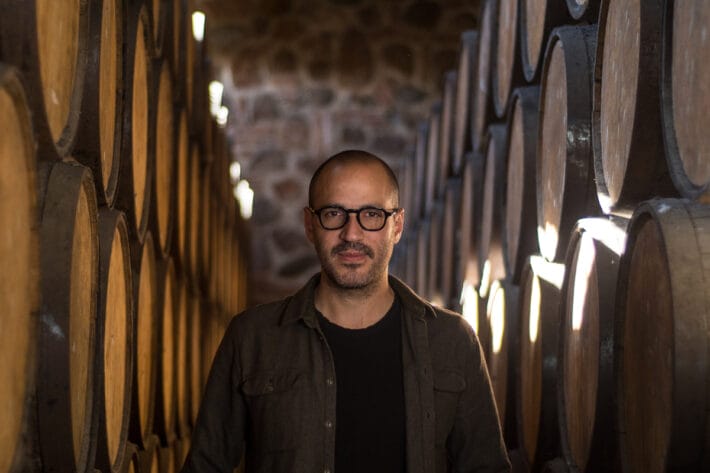
You may also be interested in
Miko Revereza
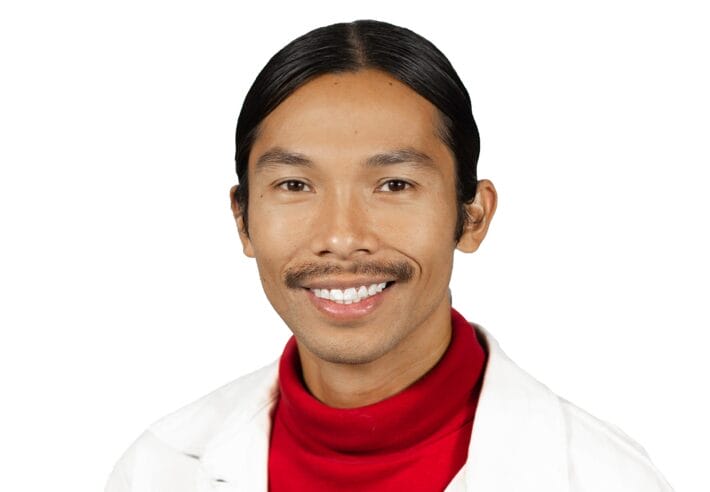
Juan Pablo González
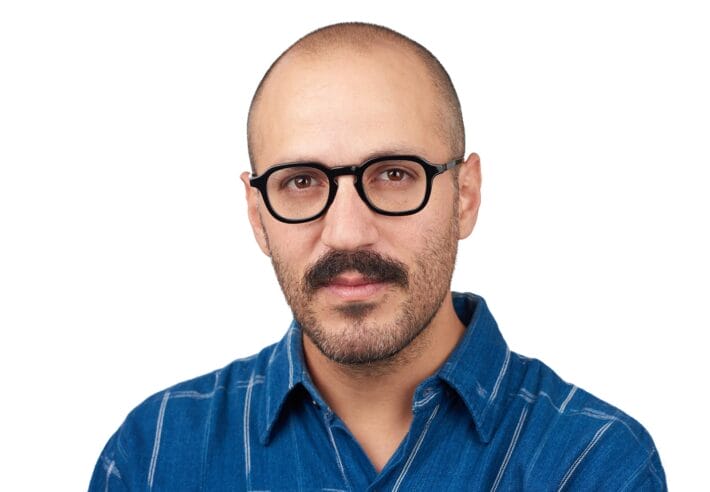
Nanfu Wang
